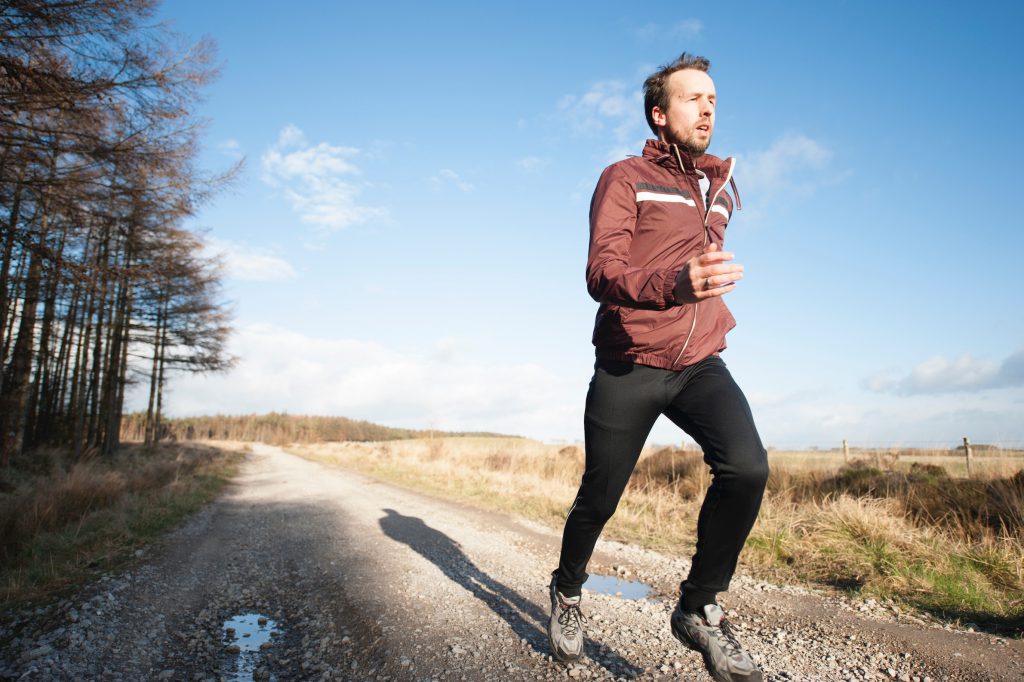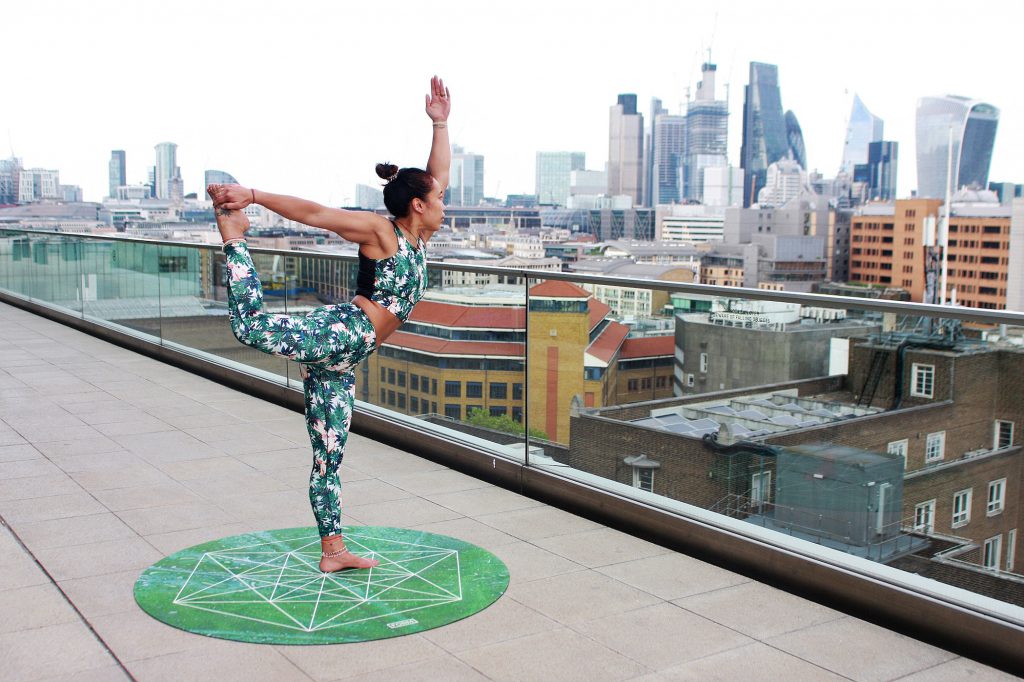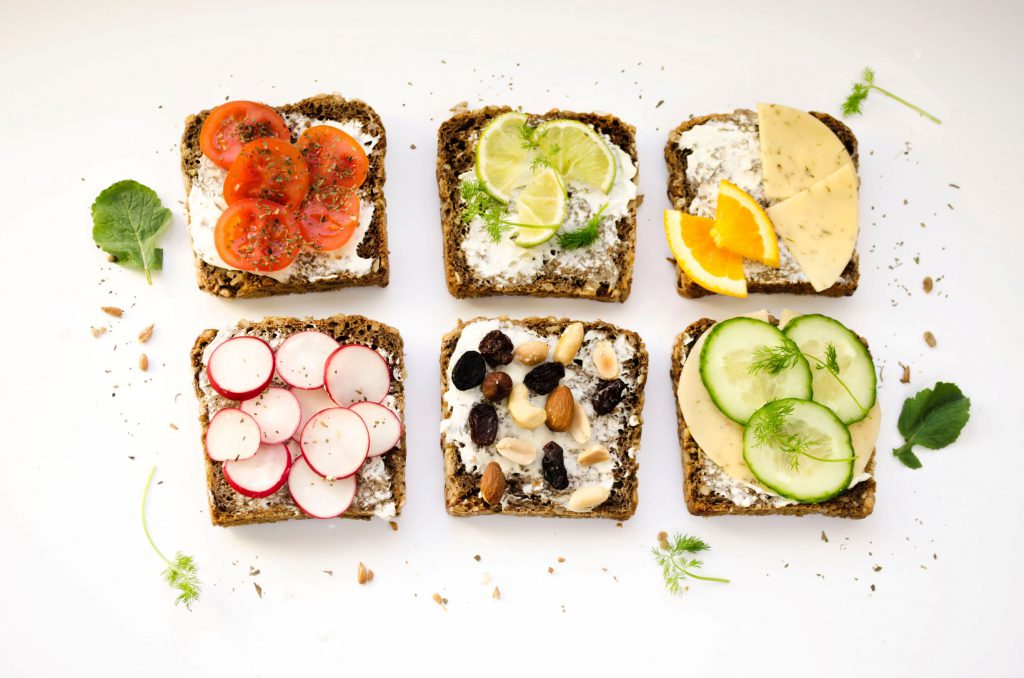Exercise: the miracle healer
Exercise is one of life’s most accessible, most cost-efficient and most effective health remedies. Exercise does far more than just keep you in shape – whether it’s reducing the risk of type-2 diabetes, preventing heart disease, or improving your night’s sleep. But, despite its long list of life-changing attributes, many people neglect exercise from their daily routines.
We’re giving you the full low down on why you should kick the “I’ll start tomorrow” attitude and get active now – with expert advice from Medstars’ dietitian, Ms Claire Fudge, on how to adequately fuel yourself for an exercise session!

How it helps
Once quoted by the NHS, health promotion consultant Dr Nick Cavill said that “If exercise were a pill, it would be one of the most cost-effective drugs ever invented.” You can access it whenever you feel like it and will never need a prescription from a GP.
Physical activity is medically proven to reduce the risk of heart disease; type 2 diabetes; colon cancer; breast cancer; an early death; osteoarthritis; hip fracture; falling (mainly for older adults); dementia; and depression.
As well as reducing the risk of diseases and illnesses, exercise carries a multitude of other health benefits:
- By simply being consistent with your physical activity, you can manage and prevent weight loss.
- Exercise also influences your mood, improving how you feel through the release of endorphins in the brain and can boost your self-esteem with positive changes in your appearance.
- If you feel tired or breathless completing daily chores, or struggle with activities like walking up stairs, exercise can help. Regular physical activity improves your endurance and cardiovascular system making everyday tasks not quite so tasking.
- In need of a good snooze? Exercise makes drifting off considerably easier and deepens your sleep.
- An increase in your physical activity can also improve your sex life. As well as generally heightening your energy levels, exercise can enhance arousal for women and prevent erectile disfunction in men.
- Exercise can be fun! Getting involved in group gym classes, hiking with friends, or joining a sports team are just some of the many ways to get active, meet new people and have fun.
More than just moving
In order for our motions to benefit our health, we need to be moving with a sufficient amount of intensity.
If you’re experiencing a rise in your heart rate, faster breathing and a general increase in warmth, it’s likely that you’re hitting the right targets. This reaction means you’re engaging in moderate intensity activity. Working at this level of intensity means feeling as though you’ve upped the pace, but still have more to give. Think of it as activity where you can still talk, but couldn’t sing the words of a song.
Take it up a notch and you’ll notice even more health benefits. Harder exercise is known as vigorous intensity activity. It’ll mean you’re panting like a pooch and nowhere near capable of singing a song, but you’ll feel much better for doing it.
Adults should aim for at least 150 minutes of exercise a week. If you prefer to engage in vigorous intensity activity, your minute minimum is closer to 75 minutes per week.
Having a vast and varied exercise routine encourages a larger breadth of benefits. A combination of aerobic exercises and strength training will provide the best results.

Changing your lifestyle
Historically, it was almost impossible to complete tasks and activities without engaging in some form of exercise. Motor cars were less accessible, washing clothes and dishes was always done by hand and manual labour jobs were far more common. Today, new technologies have improved convenience, altering the amount of effort we put into our daily lives. We now have to actively find ways to integrate exercise into our lifestyles. But it’s much easier than you might think:
Wake up and stretch
Putting aside 10 minutes in the morning for stretching can help you feel more energised for the rest of the day. The improved circulation of blood to the muscles and the brain helps the body to function more efficiently giving you that energy boost. If you’re unsure about stretching there are plenty of helpful tutorials online to guide you through.
Cycle to work
Hop on your bike and pedal your way to work. Cycling is a great form of exercise and can be taken at whatever pace you feel comfortable with. It’s a cost-effective means of transportation: less money spent on petrol and savings to be made on public transport. Cycling to school can offer a fun and active alternative for children too.
Take the stairs
Quite simply choose the stairs. Whether that involves skipping the lift at work, or the escalator at the train station, it all counts.
Start swimming
Take a trip down to your local swimming pool and enjoy a quick dip. Swimming is a particularly effective form of exercise as it works numerous areas of the body. It’s also beneficial as you can alternate the intensity of your strokes and float around to relax in between sessions. As a non-impact activity, swimming is good for people who suffer from sore joints.
Walk to the shops or town
Walking is often overlooked as a sufficient form of exercise. With the availability of step counter and other health-based mobile apps, more people are beginning to understand the benefits of walking. Try to walk rather than drive as much as you can; the brisker the walk, the better your health.
Head out for a run
All you need is a pair of trainers and you’re on your way. You don’t have or go anywhere in particular and can use the time to think and listen to your favourite music.
Home strength training
If you don’t fancy the fuss of the gym, you can buy yourself some free weights to use at home. If you’d rather not spend any money, practicing yoga at home is a fantastic way to build up your muscle strength.

What to eat to fuel an active lifestyle?
Expert dietician, Ms Claire Fudge, stresses the importance of diet when facing an increase in physical activity:
“We can easily kid ourselves that being a bit more active means that we can eat more! Whilst our energy needs will increase we may find ourselves over eating. Remember how easy it is to eat a chocolate biscuit but how long it takes to burn it off! Good nutrition puts our body in the best place to stay healthy and active.”
If you’re unsure about which foods you should be eating before a gym session, a cycle, a long walk, or anything other form of exercise, Claire has got you covered:
“Think about how long your gym session is, what type of session or how long your cycle is. The key to great nutrition is planning. Carbohydrate is needed before exercise so a quick snack anytime of the day – maybe a bowl of wholegrain cereal with milk or a wholemeal bagel with honey. Try this 1-2hrs before your session and you will hit the gym floor or your pedals with a buzz!”
Although you may think stocking up on big, high protein meals will set you up perfectly for exercise, think again! Claire tells us that foods high in protein, fat and fibre are best avoided before exercise. This is due to the time it takes for these foods to digest. These foods may also have an effect on your bowels, especially if your exercise involve running.
Ms Fudge says the best way to fit a healthy diet into your active lifestyle is to “be prepared and think ahead.” She adds “Whether it’s filling your desk drawer with healthy snacks at the beginning of the week or by ensuring not to go long periods without eating. When you are planning your activity into your hectic schedule also think about where, when and what you will eat. Your nutrition is just as important for a healthy active lifestyle as your trainers are to your exercise!“

For advice on what to eat to fuel a more active you, consult dietitian Ms Claire Fudge. Claire has 15 years of experience across a wide variety of clinical specialities and industries including: diabetes, weight management, bariatric surgery, eating disorders, gastroenterology, IBS, oncology, sports medicine and nutrition support.
Medstars Medical Concierge Service
Looking for extra guidance when it comes to your healthcare? Sometimes interpreting medical information and making the best decisions can be daunting and complicated. Our private medical concierge service provides easy access to top UK health experts. We guide our patients with genuine choice and trust, offering a bespoke service for anyone in the world seeking private UK healthcare. Learn more about Medstars Medical Concierge Service. Want to learn more about providing our medical concierge service as an employee benefit? Learn more about Medstars Medical Concierge for Business.

